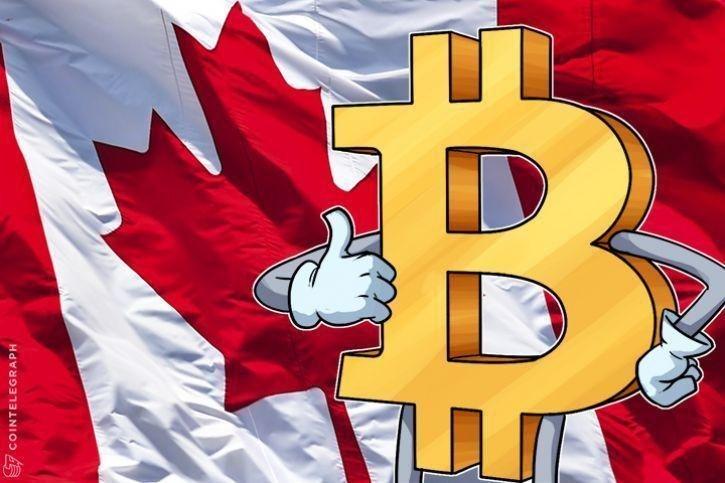
Any digital currency should come from the central bank to ensure the public interest, not private sector profits, said Timothy Lane deputy governor of the Bank of Canada.
Only a central bank can guarantee privacy rights would be upheld, competition encouraged, and universal access for those in remote communities, Lane said.

Access deeper industry intelligence
Experience unmatched clarity with a single platform that combines unique data, AI, and human expertise.
Many technology companies harvest users’ data as part of their business model to better target products and services, creating a cycle that pulls in more business and generates more data.
“If that business model were used as a foundation for the dominant method of payment in the economy, the issuer would gain control over an enormous range of data — bringing with it overwhelming market power,” Lane said in the text of his speech.
“In effect, a technology company could become the gatekeeper of the entire economy, with concerning implications for privacy, competition and inclusion.”
No private gatekeepers
The Bank of Canada doesn’t have the legislative authority from Parliament to offer a digital currency, only to design, issue and distribute the bills stuffed inside wallets and handed over a counter.

US Tariffs are shifting - will you react or anticipate?
Don’t let policy changes catch you off guard. Stay proactive with real-time data and expert analysis.
By GlobalDataSince the first wave of COVID-19 almost one year ago, the central bank has watched what Lane described as a growing hesitancy about using cash in this country.
Consumer surveys conducted by the central bank suggest merchants prefer contactless payments, with other stores refusing cash due to fears of virus transmission.
Even in this increasingly digital economy, cryptocurrencies such as Bitcoin “do not have a plausible claim to become the money of the future,” Lane said in his speech to Montreal’s Institute for Data Valorisation.
He cited costly verification methods and their wildly unstable value, noting “one high-profile tweet is enough to trigger a sudden jump in price.”
Lane said a large amount of regulatory work remains before stablecoins, whose value are backed by safe assets, can be used in Canada or elsewhere.
Canada’s electronic payments system overhaul due in 2022
In the meantime, the central bank is looking to summer 2022 to roll out changes to the country’s electronic payments system that will handle real-time payments beyond existing e-transfers.
Lane said the “real-time rail system” could allow businesses to pay part-time workers immediately after a shift, or let homebuyers make a deposit digitally, instead of physically bringing a bank draft to their lawyer’s office.
He also said the system could allow governments to distribute emergency aid, tens of billions of which have flowed during the pandemic, directly into citizens’ bank accounts in a matter of seconds.







